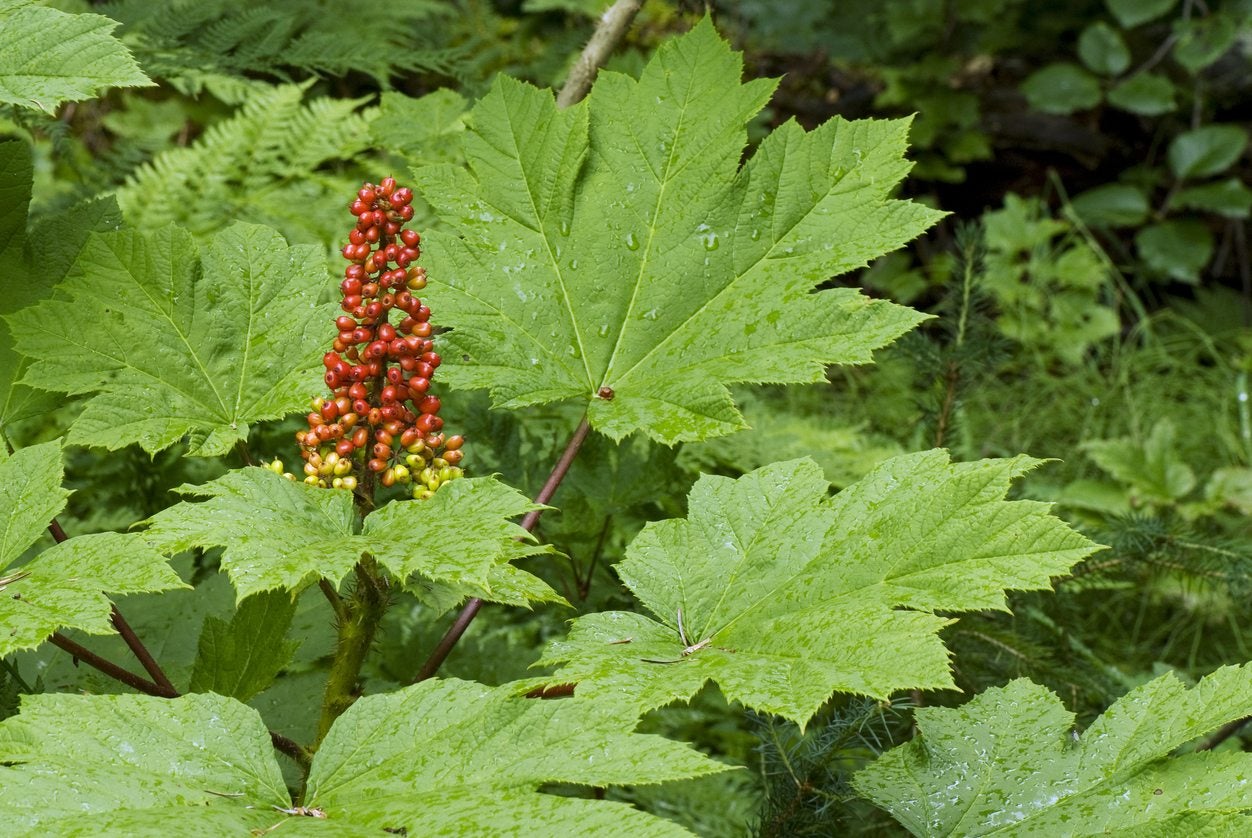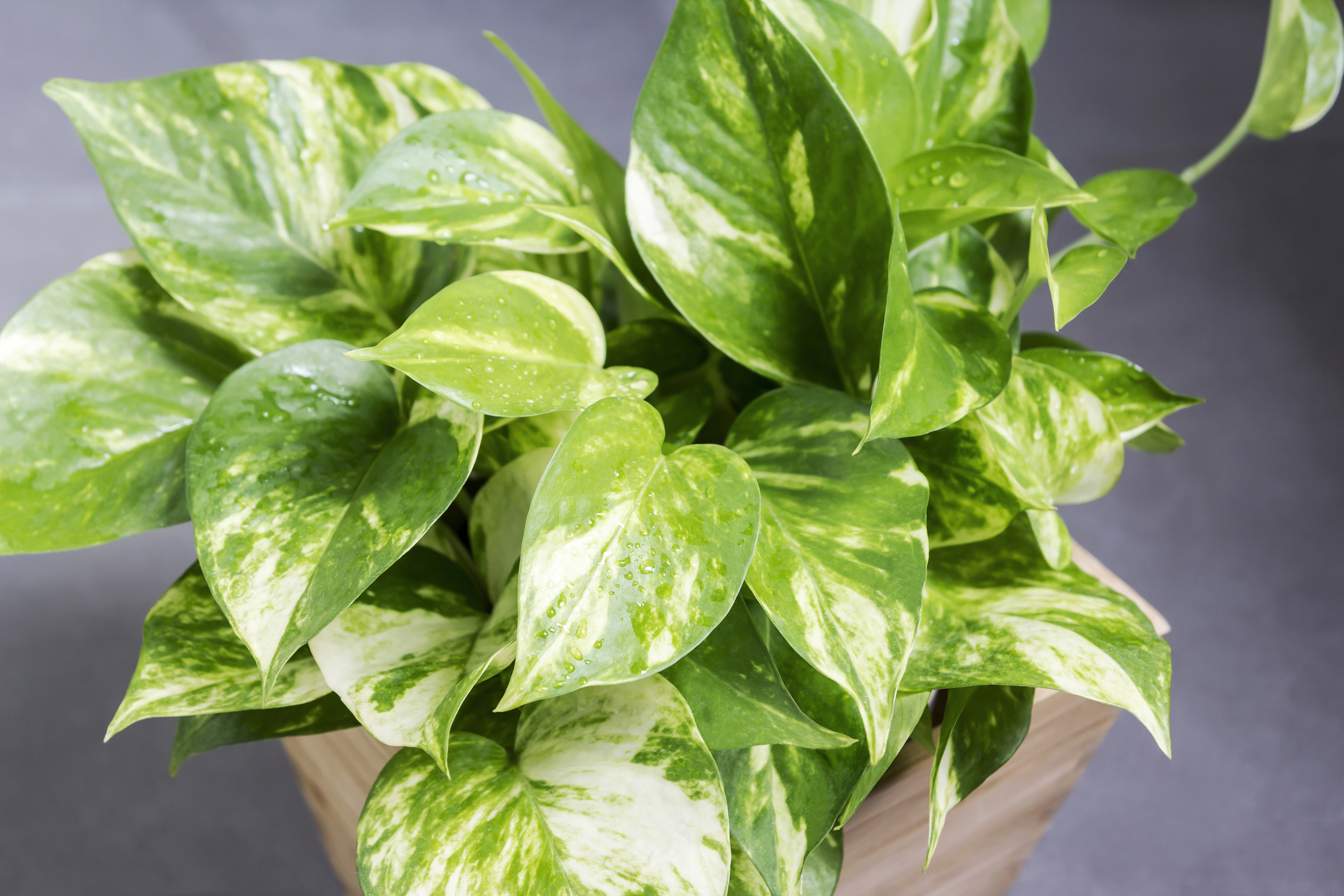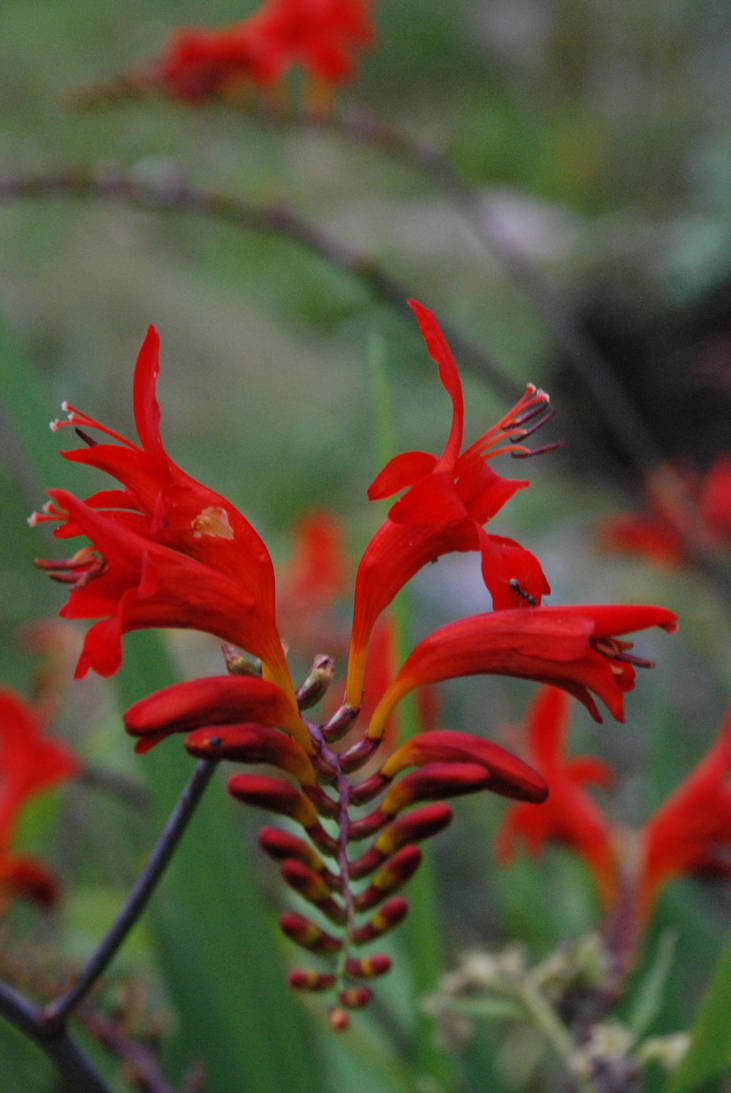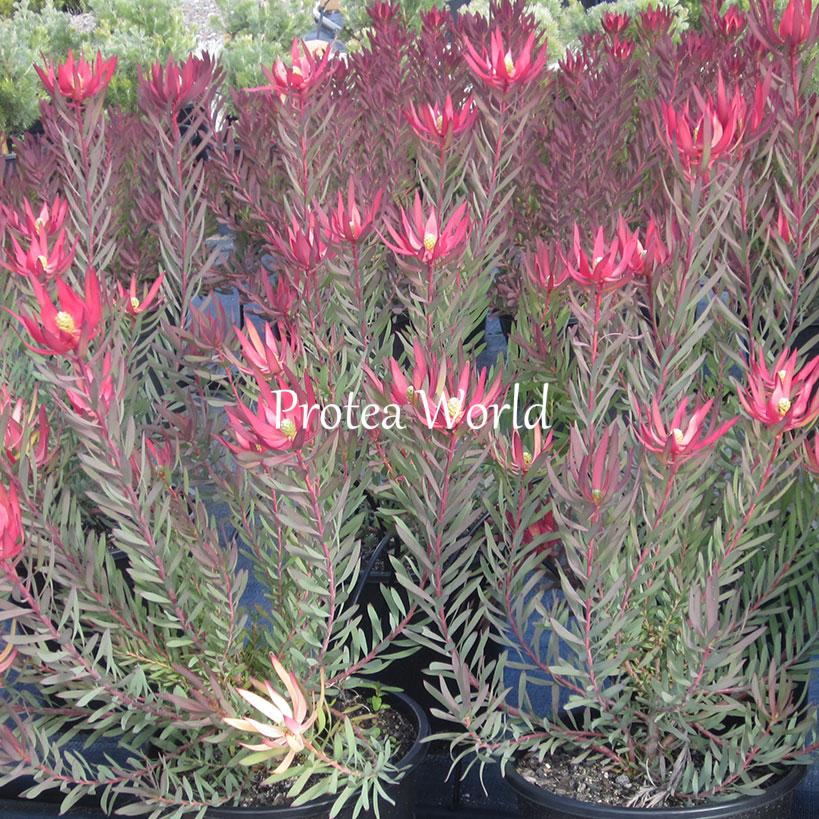
Red Devils Chojnice 41 Legia Warszawa. Legia na dnie
Take a cutting. In the spring or early summer, take a cutting about four inches in length from a piece of new growth stem on your devil's backbone plant. Cut the plant between leaves using clean, sterilized scissors. 2. Allow the cutting to dry. Let the cutting sit undisturbed on a windowsill or a counter for a few days so the cut end scabs over.

Rise of the Red Devils Soccer Politics / The Politics of Football
Proboscidea parviflora is a species of flowering plant in the family Martyniaceae known by the common names doubleclaw and red devil's-claw. It is native to the desert southwest of the United States and northern Mexico, where it grows in sandy, dry, and disturbed habitat and blooms during the hot summer. This is an annual herb growing from a.

Super League Late burst sees Salford Red Devils stun Leeds Rhinos
Updated on 07/21/21 The Spruce / Anastasia Tretiak In This Article Care Pruning Propagating Potting and Repotting Common Pests and Diseases Zigzag plant is popular as both an indoor tropical plant and, in frost-free climates, a handsome landscape specimen.

Pin on Plant Identification
The Devils Backbone plant, Pedilanthus tithymaloides [ped-ill-AN-thus tih-ee-mal-OY-deez], is distinguished by its zig zag stems. The plant is indigenous to North and Central America's subtropical climates. Whereas it is still commonly known as Pedilanthus tithymaloides, the Pedilanthus genus has been combined with the Euphorbia genus, giving.

RED DEVILS liga jleague
90% of plants die because they were the wrong plant choice. Shoot helps you to save valuable time and money to get the right plant choices for any garden.. 'Red Devil' is a tender, clump-forming, evergreen perennial with upright to arching, linear, silvery, reddish-brown leaves, turning reddish-purple in winter, and long-stalked panicles of.
thhggfHzaSqFDdaCTH9cOhKmCV9RybJLBoeYj0iJ8lAg6L3g2D9wvQOSjaSnh7nC
By Bonnie L. Grant last updated March 27, 2023 There are numerous fun and descriptive names for the devil's backbone houseplant. In an effort to describe the blooms, devil's backbone has been called red bird flower, Persian lady slipper, and Japanese poinsettia. Descriptive monikers for the foliage include rick rack plant and Jacob's ladder.

Devils Backbone Plant How To Grow The Curious Pedilanthus Tithymaloides
Devils Backbone Plant Care Guide. Here are some tips on caring for E. tithymaloides healthy growth once it is in the container.. Water. Though E. tithymaloides is tropical, it is also a succulent and is, therefore, drought-tolerant.But leaf drop indicates that it needs water right away. When the soil begins to dry up, water devil's backbone.

Devil's Club Information Learn About Devil's Club Growing Conditions
Plant Height : 1 to 3 feet Zones : 6, 7, 8, 9 Characteristics : Attracts Hummingbirds, Showy Foliage Uses : Containers Light : Full Sun to Partial Shade Maintenance : Low Moisture : Medium Moisture Plant Type : Perennials Flower Color : Red Bloom Time : Summer Plant Seasonal Interest : Summer Interest Related Plants Nova™ 'Dragonfire' crocosmia

7 indoor plants to boost your work environment and productivity BT
devil's backbone, ( Euphorbia tithymaloides ), succulent plant of the spurge family ( Euphorbiaceae ), native from Florida to Venezuela. The plant is called devil's backbone for the zigzag form some varieties exhibit as well as shoe flower.

Devils Ivy Epipremnum Aureum Devils ivy, Common house plants, Indoor
A potted devil's ivy. Photograph: Jonny Forsey/Alamy. As Patch's sales figures attest, lockdown cemented the plant's return to glory, with people tending their homes, and curating greenery.

Red Devils and battle to the end The Press
The devil's backbone plant, Pedilanthus tithymaloides, is a solid plant for any indoor garden and can survive outdoors in hardiness zones warmer than zone 9a. It is native to warmer parts of North America, including Florida and Central America, but isn't known to be invasive outside of its native range.

Assorted Goodies Canterbury's Victorious Red Devils
All 13 results here Alphabetical list of all 4,000+ perennials here
Cousins to the gladiola, these are hardy plants that produce clumps of green sword-shaped leaves, with tall, arching spikes of funnel-shaped blossoms appearing in mid to late summer. Several named varieties are now.

The Devils Flower by springaren on DeviantArt
Tropical Hibiscus 'Red Devil' Hibiscus rosa-sinensis Upload Image Print Version Family Malvaceae (mal-VAY-see-ee) Info Genus Hibiscus (hi-BIS-kus) Info Species rosa-sinensis (RO-sa-sy-NEN-sis) Info Synonym Height 6-8 ft. (1.8-2.4 m) 8-10 ft. (2.4-3 m) Spacing 36-48 in. (90-120 cm) Hardiness USDA Zone 9a: to -6.6 °C (20 °F)

Preppy Red Devils
The Pedilanthus tithymaloides, commonly known as the Devils Backbone plant, is a well-liked houseplant that is simple to maintain. To keep this plant healthy, it is crucial to provide it with the appropriate amount of light. The ideal sunlight for the Devils Backbone plant is bright, indirect light.

DCMS Red Devils Flickr
There are native plants for every landscaping need. The native flora of Virginia offers a surprising variety of color, form, and texture. In fact, many familiar and popular landscaping plants such as black-eyed Susan, cone flower, columbine, and bee balm are native to Virginia. Equally beautiful are the less known black snakeroot, turtlehead.

Protea World
Devils Tongue. Konjac is an edible Asian plant (Amorphophallus konjac) known also as Devil's Tongue. It is a tropical plant that features a large purplish red flower similar to a lily. This rare tropical plant is grown for the edible tubers it produces in many parts of Asia.